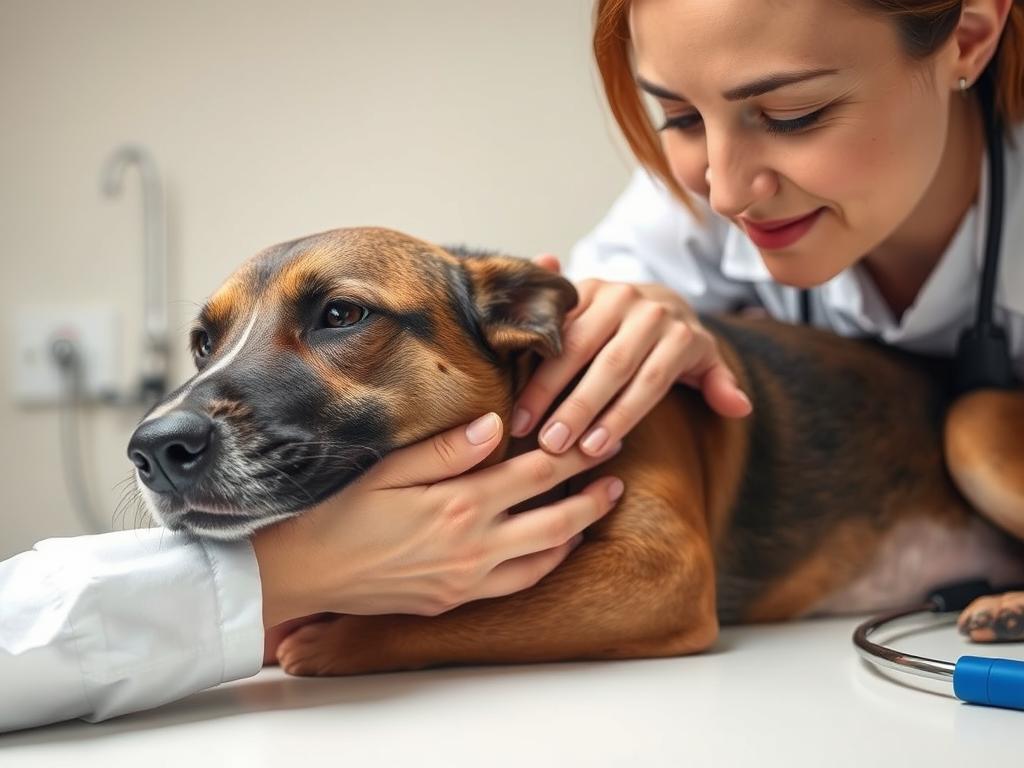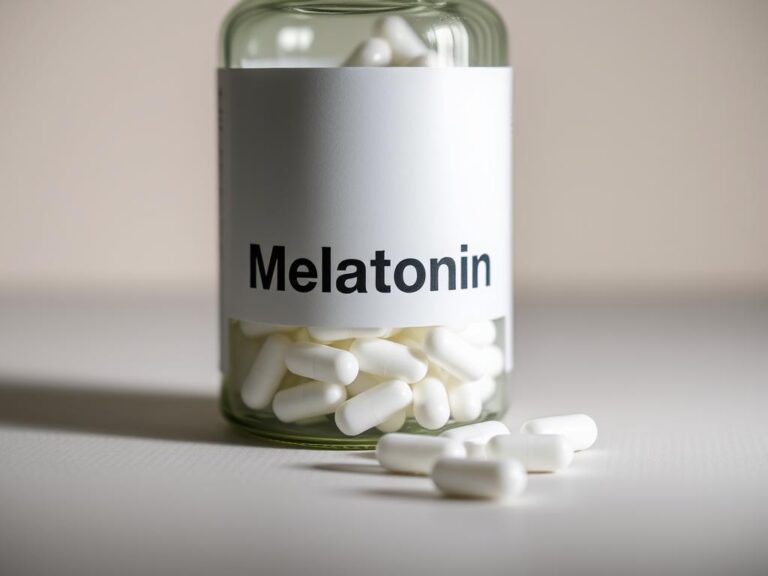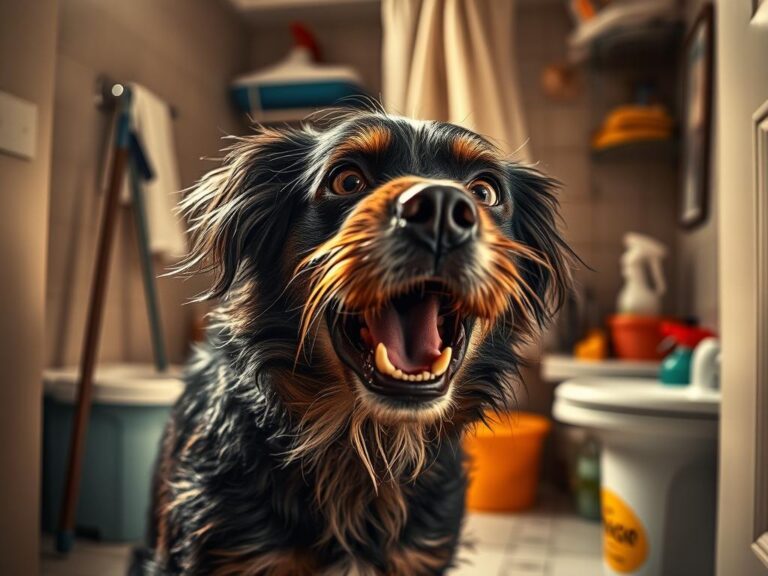Treating a Dog’s Irritated Anus: What to Do
A dog’s irritated anus can be a source of significant discomfort, not just for the pet, but also for the owner. This condition is more common than one might think, and it’s crucial to address it promptly to prevent further complications.
Various factors can contribute to anal irritation in dogs, including full anal glands, intestinal parasites, allergies, and matted fur. If you’re concerned about your dog’s health, it’s essential to understand the causes and available treatments. For more information on home remedies and treatments, you can visit WagWalking’s guide on fixing itchy dog, which provides valuable insights into addressing this issue.
Treating dog anal irritation effectively requires a comprehensive approach, including proper diagnosis and care. By understanding the underlying causes and applying appropriate remedies, you can help alleviate your dog’s discomfort and prevent future occurrences.
Understanding Canine Anal Irritation
Recognizing the signs of canine anal irritation is crucial for providing timely relief to affected dogs. Canine anal irritation can manifest through various symptoms that, if identified early, can lead to prompt treatment and prevent further complications.
Common Signs and Symptoms
Dogs suffering from anal irritation may exhibit behaviors such as excessive licking or biting at the anal area, scooting, or showing signs of discomfort when defecating. Other signs include redness, swelling, or discharge around the anus.
- Visible discomfort or pain during defecation
- Redness or swelling around the anal area
- Excessive licking or biting at the anus
- Scooting or dragging the rear end on the ground
Why Prompt Treatment Matters
Prompt treatment of canine anal irritation is vital to prevent the condition from worsening and to provide relief to the dog. Untreated anal irritation can lead to more severe issues, such as infections or abscesses, which can be painful and challenging to treat.
Common Causes of Anal Irritation in Dogs
Understanding the root causes of anal irritation in dogs is crucial for effective treatment and relief. Anal irritation can stem from a variety of factors, making it essential for dog owners to be aware of the potential causes to provide the best care for their pets.
Dietary Issues and Allergies
Diet plays a significant role in dog anal health. Food allergies or sensitivities can lead to anal irritation, manifesting as itching, redness, or inflammation. Common culprits include ingredients like beef, dairy, or soy. Switching to a hypoallergenic diet or one that is rich in fiber can help alleviate these symptoms.
Parasites and Infections
Parasites such as tapeworms or fleas can cause significant discomfort and lead to anal irritation. Infections, whether bacterial or fungal, can also be a source of irritation. Regular parasite control measures and monitoring for signs of infection are crucial.
Anal Gland Problems
Anal gland issues are another common cause of irritation. Impacted or infected anal glands can cause pain and discomfort, leading to licking or scooting behaviors. Regular expression of anal glands, either by a veterinarian or through learning how to do it properly at home, can help prevent these issues.
Environmental Irritants
Environmental factors, including grass, pollen, or chemicals, can also irritate a dog’s anal area. Keeping the area clean and being mindful of your dog’s environment can help mitigate these causes of dog anal irritation. In some cases, dietary issues in dogs can be exacerbated by environmental factors, making a comprehensive approach to care essential.
When to Consult Your Veterinarian
Understanding the right time to seek veterinary advice for your dog’s anal irritation can prevent further complications. Dog owners should be vigilant about their pet’s health and recognize when professional help is needed.
Warning Signs That Require Professional Care
Certain symptoms indicate that your dog needs immediate veterinary attention. These include severe pain, excessive bleeding, or signs of infection such as redness, swelling, and discharge. If your dog shows any of these symptoms, it’s crucial to consult a veterinarian promptly.
What to Expect During a Veterinary Examination
During a veterinary examination, your dog’s overall health will be assessed, and the veterinarian may perform a physical examination of the affected area. The vet may also ask questions about your dog’s diet, behavior, and medical history to determine the cause of the irritation.
Potential Veterinary Treatments
Treatment for dog anal irritation may include medication for pain relief, antibiotics for infections, or other therapies tailored to the underlying cause. Your veterinarian will recommend the most appropriate treatment based on the diagnosis.
How to Soothe Dog Irritated Anus at Home
Home care is crucial when it comes to soothing a dog’s irritated anus. By creating a clean environment, following a proper cleaning procedure, applying soothing treatments, and managing your dog’s discomfort, you can significantly alleviate their suffering.
Creating a Clean Environment
Maintaining a clean environment is the first step in soothing your dog’s irritated anus. Ensure their living area is free from feces and urine, which can exacerbate irritation. Regularly clean their bedding and surrounding areas.
Step-by-Step Cleaning Procedure
Supplies You’ll Need
- Mild dog shampoo
- Warm water
- Soft cloth or cotton balls
- Dry towels
Proper Technique for Cleaning
Gently clean the affected area with a soft cloth or cotton balls soaked in warm water. Avoid using harsh soaps or scrubbing vigorously, as this can further irritate the skin.
Applying Soothing Treatments
After cleaning, apply a soothing treatment to help calm the irritation. Pet-friendly creams or ointments can be effective. Some owners also find natural remedies like aloe vera or coconut oil to be beneficial.
| Treatment | Benefits |
|---|---|
| Aloe Vera | Soothes and calms irritated skin |
| Coconut Oil | Moisturizes and protects the skin |
“Keeping your dog’s anal area clean and applying soothing treatments can greatly reduce their discomfort.”
Managing Your Dog’s Discomfort
Managing your dog’s discomfort involves monitoring their condition and adjusting their care accordingly. Ensure they have a comfortable place to rest and avoid activities that may exacerbate the irritation.
Safe Home Remedies for Mild Irritation
Mild anal irritation in dogs can often be soothed with simple, effective home remedies. These remedies can provide relief and comfort to your pet, but it’s essential to identify the underlying cause of the irritation to ensure the most effective treatment.
Warm Compresses and Sitz Baths
Applying a warm compress or giving your dog a sitz bath can be very soothing. The warmth helps to reduce inflammation and promote healing. To prepare a sitz bath, fill a bathtub with a few inches of warm water, and gently place your dog in it for a few minutes. You can also add colloidal oatmeal or Epsom salts to enhance the soothing effect.
Appropriate Over-the-Counter Solutions
There are several over-the-counter (OTC) solutions available that can help alleviate anal irritation in dogs. These include:
Recommended Wipes and Cleansers
Gentle, fragrance-free wipes and cleansers can help keep the area clean and reduce irritation. Look for products specifically designed for dogs, such as those containing aloe vera or witch hazel.
Safe Topical Treatments
Topical treatments like hydrocortisone cream or antihistamine cream can be applied directly to the affected area to reduce inflammation and itching. However, always consult with your veterinarian before using any new products on your dog.
Natural Remedies with Proven Benefits
Some natural remedies have been shown to be effective in soothing anal irritation in dogs. These include:
- Coconut oil: Known for its anti-inflammatory properties, coconut oil can be applied topically to soothe the skin.
- Aloe vera gel: Aloe vera has anti-inflammatory and soothing properties that can help calm irritated skin.
- Probiotics: Maintaining a healthy gut microbiome through probiotics can help prevent and alleviate anal irritation.
| Remedy | Benefits | Application |
|---|---|---|
| Warm Compress | Reduces inflammation, promotes healing | Apply to affected area for a few minutes |
| Sitz Bath | Soothes and cleans the area | Fill bathtub with warm water, add colloidal oatmeal or Epsom salts |
| Coconut Oil | Anti-inflammatory properties | Apply topically to the affected area |
Dietary Adjustments to Reduce Irritation
Adjusting your dog’s diet can help mitigate anal irritation and improve their overall comfort. Dietary changes can address underlying issues such as food sensitivities, inadequate fiber intake, and poor hydration.
Food Sensitivities and Elimination Diets
Food sensitivities are a common cause of anal irritation in dogs. Implementing an elimination diet can help identify problematic ingredients. This involves removing common allergens like beef, dairy, or soy from your dog’s diet for a period, then reintroducing them one at a time to monitor for reactions.
For more information on managing your dog’s diet and health, you can visit Pawbiotix reviews to explore potential supplements that may aid in your dog’s recovery.
Fiber Supplementation Options
Adequate fiber is crucial for maintaining healthy digestion and preventing anal irritation. Fiber supplementation can help regulate bowel movements and reduce straining during defecation. Psyllium and pumpkin are popular fiber sources that can be added to your dog’s meals.
Hydration Importance and Strategies
Proper hydration is essential for your dog’s overall health, including digestive health. Ensuring your dog has access to fresh water at all times can help prevent constipation and reduce the risk of anal irritation.
Beneficial Supplements for Digestive Health
In addition to dietary adjustments, certain supplements can support your dog’s digestive health. Probiotics, for example, can help maintain a healthy gut microbiome, while omega-3 fatty acids can reduce inflammation.
Preventing Future Anal Irritation Problems
Maintaining your dog’s anal health is crucial for their overall well-being and involves several key practices. By incorporating these into your dog care routine, you can significantly reduce the risk of anal irritation.
Regular Grooming Practices
Regular grooming is essential for preventing anal irritation. This includes keeping the anal area clean and free of debris. Daily inspection and gentle cleaning with appropriate products can help prevent irritation.
Anal Gland Maintenance
Anal gland issues are a common cause of anal irritation. Regular expression of the anal glands, either by a veterinarian or through learned techniques, can help prevent problems. For more information on managing anal gland issues, including the use of essential oils, visit this resource.
Exercise and Weight Management
Regular exercise and maintaining a healthy weight are crucial for your dog’s overall health, including anal health. Excess weight can lead to increased pressure on the anal glands, potentially causing irritation.
Regular Veterinary Check-ups
Regular check-ups with your veterinarian are vital for maintaining your dog’s anal health. They can identify potential issues early and provide guidance on maintaining good anal health.
| Preventive Measure | Benefits |
|---|---|
| Regular Grooming | Reduces risk of irritation, keeps area clean |
| Anal Gland Maintenance | Prevents anal gland impaction and infection |
| Exercise and Weight Management | Reduces pressure on anal glands, improves overall health |
| Regular Veterinary Check-ups | Early detection of potential issues, professional guidance |
Conclusion
Treating a dog’s irritated anus requires prompt and effective care to prevent further discomfort and complications. By understanding the causes of canine anal irritation, such as dietary issues, parasites, and anal gland problems, dog owners can take the first step towards providing relief to their pets.
As discussed, various treatment options are available, including home remedies like warm compresses and dietary adjustments, as well as professional veterinary care when necessary. By combining these approaches and maintaining good hygiene, dog owners can help alleviate their dog’s discomfort and promote healing.
Ultimately, prioritizing dog anal health is crucial for overall canine well-being. By being aware of the signs of anal irritation and taking proactive steps to prevent and treat it, dog owners can help ensure their pets lead comfortable and healthy lives, which is essential for treating dog irritated anus and providing canine anal irritation care.





